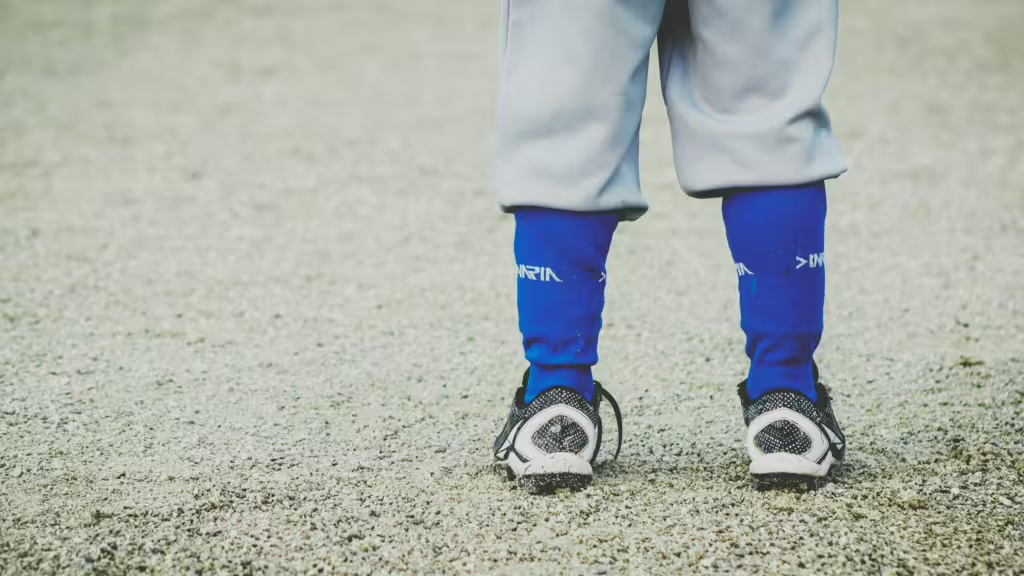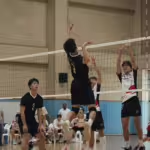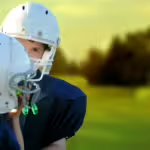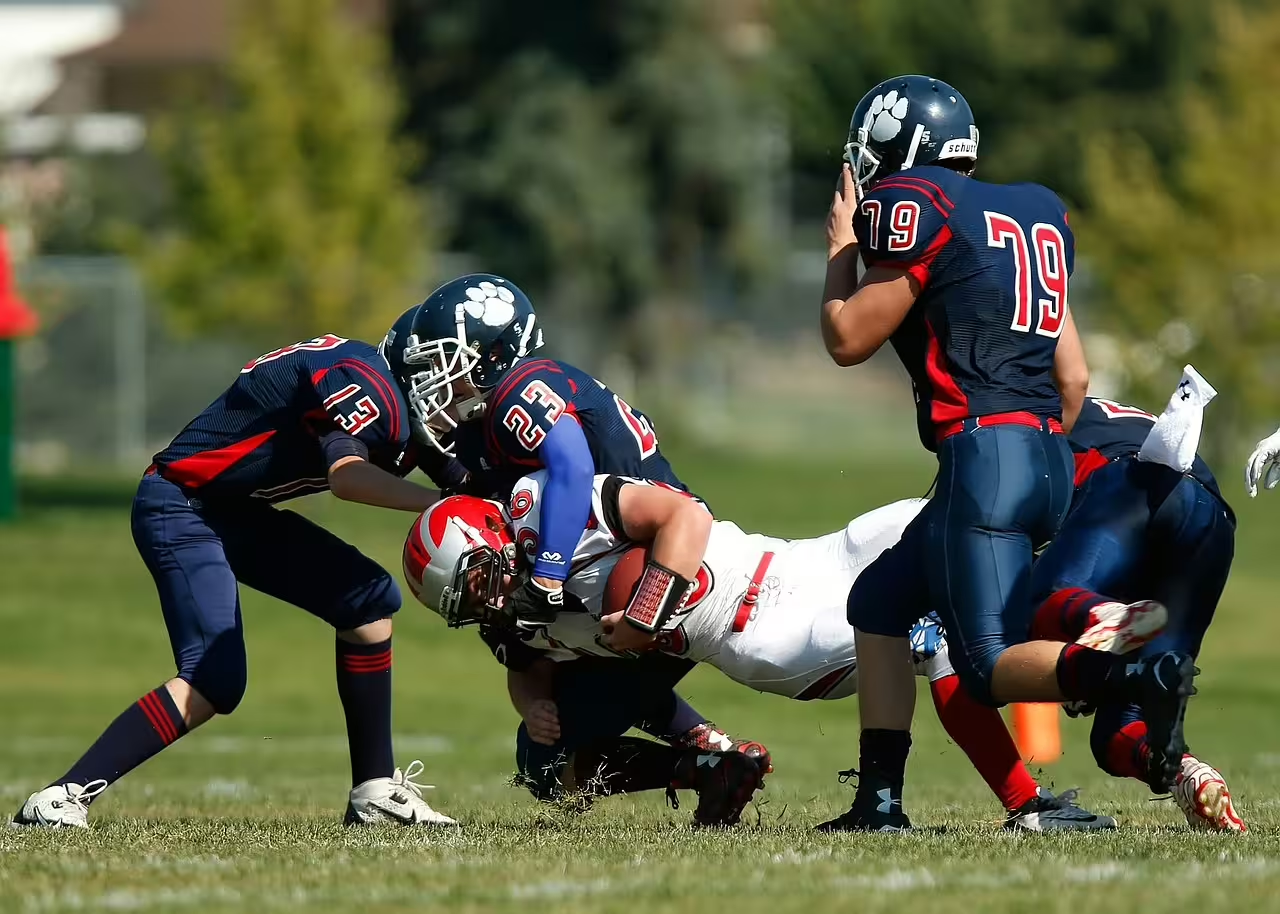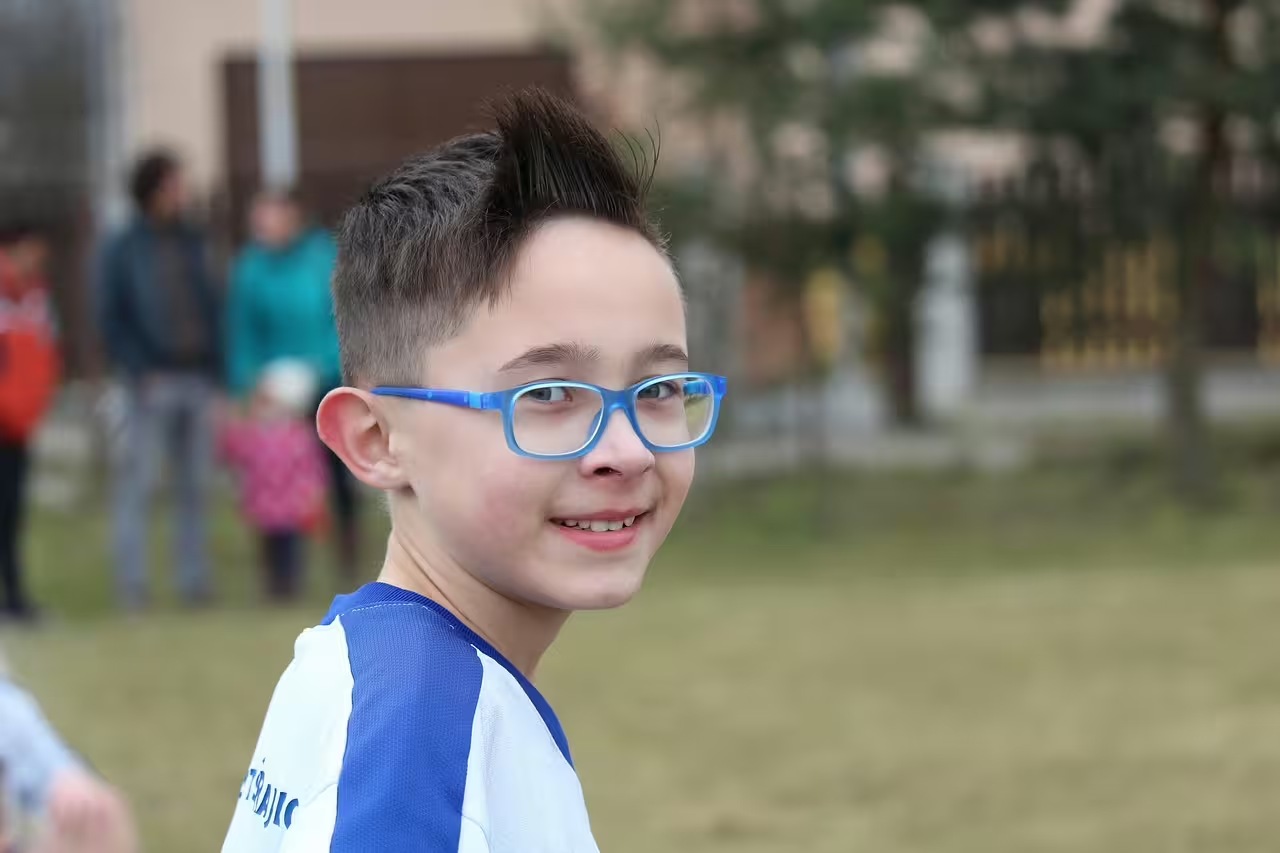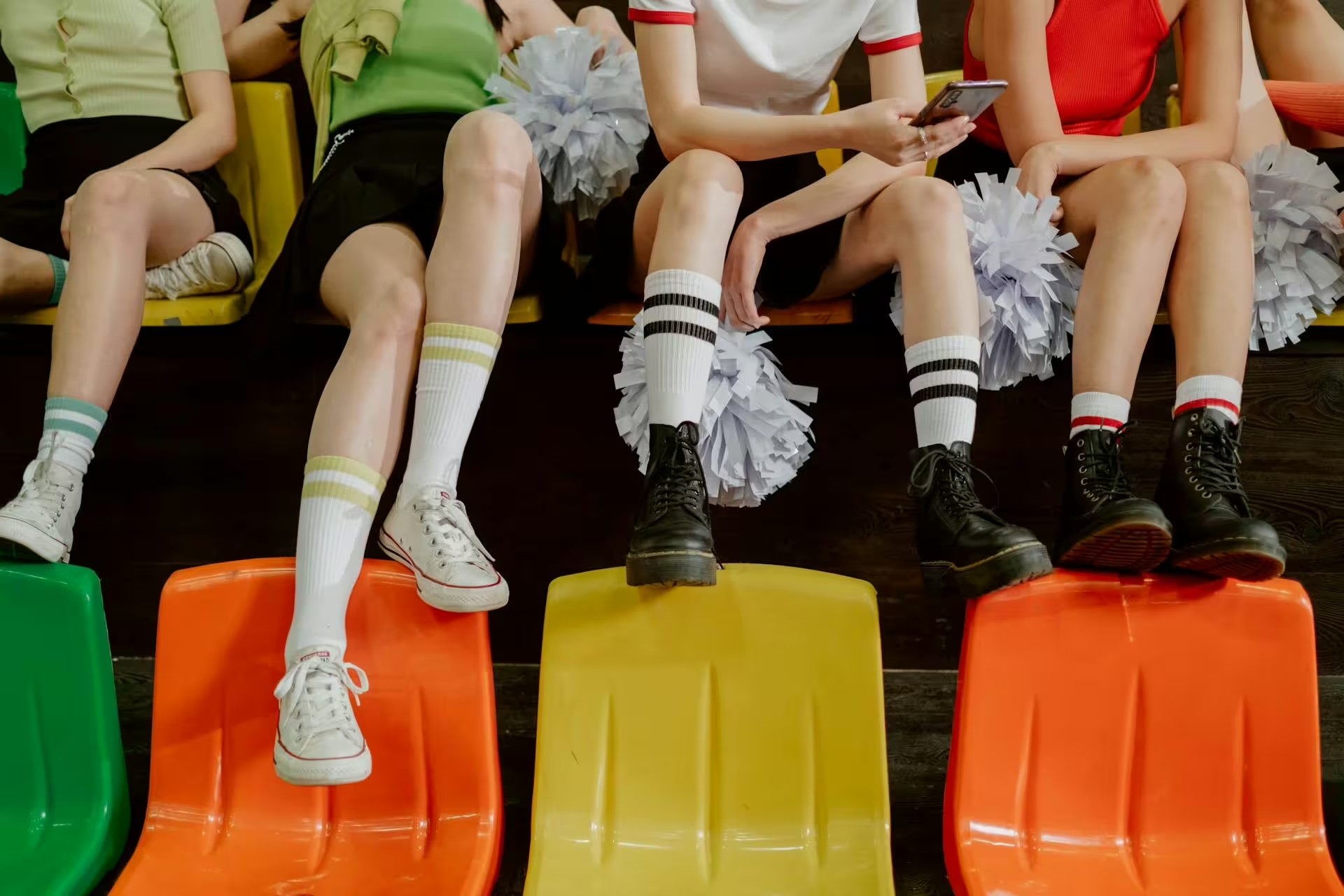Defeat is never easy, and sometimes, no matter how gracious a kid tries to be about even a minor misstep, the ensuing bad attitude can be almost unavoidable for young children. The problem is, nobody likes a sore loser, even when they don’t mean to be one. The truth is, every athlete, from beginners to seasoned pros, will experience a “bad game” now and again. The trick is, turning the mistakes and losses wrought by that game into something positive.
In sports, as in any field, setbacks and mistakes provide offer opportunities for growth and improvement. A disappointing performance may feel discouraging, especially to a child, but the lessons it provides can be invaluable. Young athletes can use these hard-won lessons to develop their skills and skill enhance their personal resilience. That said, transforming a bad game into a learning opportunity requires a positive mindset, that many children simply do not possess at the onset. It also requires an analytical approach and a dedication to improvement.
In this article, we will explore how athletes can turn challenging moments on the field, court, or rink into opportunities for growth and personal development. We will help give parents, coaches, and young athletes the means of making a bad game into a stepping stone for future successes.
Embracing the Right Mindset
The first step in helping a child learn from a poor performance is to try and convince them to adopt a growth-oriented mindset. This sounds complicated, but it’s really quite simple. You just flip the script on the negativity. This is actually much easier to do when a child is younger and more impressionable, however, so it’s good to start this type of mental exercise easier. Carol Dweck, a psychologist at Stanford University, popularized the concept of a “growth mindset”—the belief that abilities and intelligence can be developed through dedication, learning, and resilience. This same theory can be applied to athletes and can help them to view mistakes as stepping stones rather than outright failures.
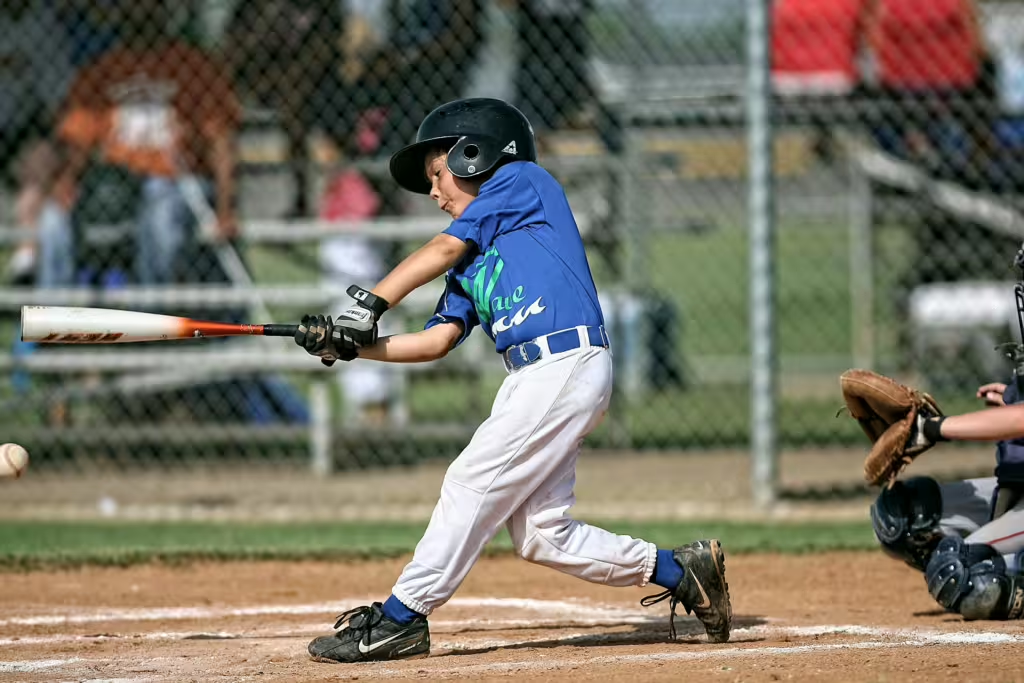
Shifting from Negative to Positive Self-Talk
Poor performance often leads to negative self-talk. In these situations, young athletes might begin to mentally criticize themselves or dwell endlessly on errors. In these instances, it’s crucial that parents help to shifting from negative to positive self-talk. Instead of saying, “I can’t believe I missed that shot,” try to have your kid say something along the lines of, “I missed the shot, but I’ll learn from it and do better next time.” This simple exercise can shift a child’s mindset almost without them realizing it. More importantly, a shift like this invariably sets the foundation for constructive growth. It may also work wonders in regards to keeping self-criticism in check and maintaining consistent motivation.
Viewing Setbacks as Part of the Process
No matter how talented an athlete is, they’re gonna have off days now and then. Being able to accept and move past these days is crucial to success in any situation. Indeed, accepting setbacks is a normal, natural part of the athletic journey, and one that is absolutely essential for making progress. By reframing mistakes as an opportunity to learn, athletes can embrace each game, good or bad, as a necessary step toward improvement.
Analyzing the Game: Turning Observations into Insights
After embracing the right mindset, the next step is to evaluate what might have went wrong during the game in question. We all know how easy it can be to get hung up or obsessed with mistakes, but analyzing the game should not just be about focusing in the negatives. A reasonable self analysis should also highlight what went right. Focus can still be on areas where adjustments are needed, but there should be a greater focus on triumphs rather than tribulations. By breaking down performance, young athletes can gain insights into specific areas that they need to work on.
Reviewing Specific Actions
Parents, coaches, and players themselves have many tools available to them when it comes to proper analysis. Watching game footage, if available, can be immensely beneficial in identifying specific moments that required improvement. This isn’t always possible, of course, but even for athletes without footage, writing down detailed notes or replaying key moments in their mind can serve a similar purpose.
Seeking Objective Feedback
Nobody likes to hear about how bad they did from other people, especially when they are already beating themselves up. Nevertheless, the opinions of teammates, coaches, and even friends can be valuable tools in analyzing mistakes and losses with an objective lens. These people can provide objective perspectives on the game itself, which can be extremely helpful when all one sees is the worst parts of a situation. We have already spoken about the value of self-reflection, but an outside perspective offers additional insights that may not be immediately obvious. Coaches, in particular, are very advantagous here, as their experience often provides them with objective insights that parents or other young players might not see consider right away.
Identifying Patterns
Sometimes, recurring patterns might contribute to a poor game performance. It’s important that young athletes learn to recognize these patterns and take steps to break them. They may not always see these patterns themselves, of course, and in these cases, it’s up to parents and coaches to be objective and observant. By identifying consistent habits, things like missed passes or poor footwork, young athletes can better understand which techniques might require improvement. Recognizing these patterns can help to prevent similar mistakes in future games.
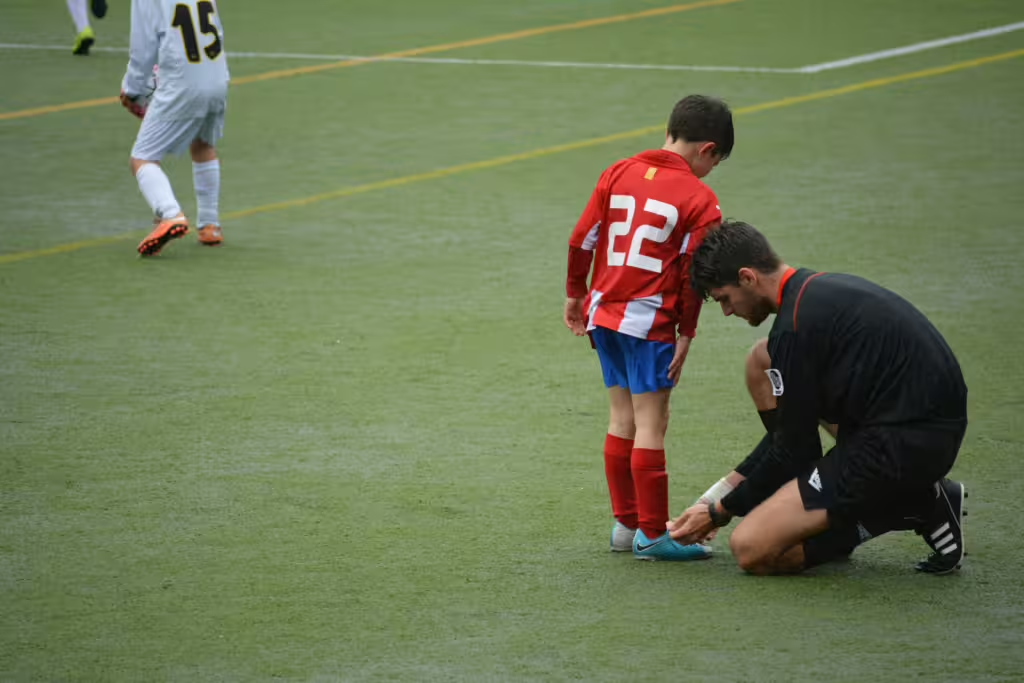
Developing a Plan for Improvement
Once you and your kid have analyzed the situation fully and key areas of improvement have been identified, the next step is to create a plan of attack. The key is to create an actionable plan, meaning something that can be realistically achieved. Learning from mistakes involves more than just observing them, you see. To improve upon these mistakes requires a commitment to make specific changes. If this is accomplished, it will vastly reduce the chances of the child making the same mistakes the next time around.
Setting Realistic Goals
As we mentioned earlier, it’s important that the goals that you and your child set for their future success be as realistic as possible. Goals help provide focus and direction, but they are all-but useless if they aren’t measurable, achievable, and specific. Broad broad goals like “play better” aren’t easy to track or measure. However, if you and your child agree to a goal like “increase passing accuracy by 15%” or “spend 10 extra minutes on footwork drills each practice,” you’ll likely see better results. These targets make it far easier for you and your child to measure their improvements over time.
Drills and Exercises for Improvement
Players and parents can develop specific drills targeted toward specific weaknesses. Drills, in general, are designed to help with a number of sports skillsets, and many of them are specifically used to strengthen a player’s physicality, throwing skills, running skills, etc. One example might involve a young athlete who struggles with hand-eye coordination. If this is the case, parents and coaches should incorporate drills for that player that focus on reaction time and agility.
Emphasizing Consistency
Consistency is, and always has been, the key to growth and improvement in the sports world. Improvement occurs with consistent practice, over time, and with steady effort. Certainly, quick, dramatic changes make for amazing sports stories in books and movies, but the truth of the matter is that incremental improvements through consistent practice tend to be more sustainable in the long run. Parents should help their kids stick to a routine. This routine ought to include; time for practice, skill drills, and strength training.
Cultivating Resilience: Building Mental Toughness
Overcoming the disappointment of a bad game isn’t only about improving the physical skills required to improve, it also requires a degree of mental strength and resilience. Resilience, in kids sports is the ability of a child to recover from setbacks without experiencing any long term mental effects. This is an essential trait for any budding athlete.
Practicing Mindfulness and Stress Management
It is natural for a kid to fee stress and frustration after a poor game, but learning to manage these emotions can make a significant difference. Players can practice mindfulness techniques, such as deep breathing, meditation, or visualization; with the help of their parents, of course. Silly as it may sound to some, these tactics can help child athletes to process emotions in a healthy way. if you want to incorporate this into your kid’s routine, try a few minutes of visualization before a game to provide them with some mental clarity. Help them to focus on successful plays or visualize correct form.
Focusing on the Process, Not Just the Outcome
The final score only really matters as much as one thinks it does. Sure, some games hang in the balance for championship trophies or scholarships, but many of those games will only come into play much later in a young athlete’s career. Focusing solely on results can lead to unnecessary pressure. Instead, try to have your kids focus on the process whenever possible and emphasize personal growth. Try to have them do their best in each moment, by making smart plays, and staying composed.
Developing a Routine for Post-Game Recovery
After a challenging game, many young athletes might benefit from a consistent post-game routine. We have already said that consistency is key, and including some sort of physical or mental recovery process can help them feel better, even if the game didn’t end up going their way. Kids can try stretching a bit, hydrating or having a snack, and simply just cooling down their mind and body.
Some kids and teens might find journaling about their experiences to be helpful, while others may find support by talking with coaches or teammates. The point is not to rush them off the field and onto the next task without giving them a chance to decompress and build up some mental and physical resilience.
Learning from Others: Role Models and Mentorship
Even the most talented professional athletes experience setbacks. They were young and experienced once too. They had to learn from their mistakes. And even in their current games, mistakes happen. Yet they persevere. Learning from the experiences of others can provide kids with both inspiration and practical insights.
Observing Professional Athletes’ Journeys
Kids who watch of follow sports will be able to witness firsthand how professional athletes deal with their own trials and tribulations. These professionals often share their stories of struggles, setbacks, and comebacks in interviews, and young athletes who listen carefully to these tales might learn a thing or two about how to be as resilient as their idols.
Finding a Mentor
Coaches, experienced teammates, and sports mentors can also provide young athletes with valuable guidance, as well as encouragement. Mentors can share strategies, identify areas that need improvement, and inspire children to be better and to win or lose with grace and resilience. They can also teach kids valuable lessons in good sportsmanship, which can be hard to think about when you’re reeling from a bad match.
Cultured Athlete Says…
Kids who learn how to bounce back and improve after a bad game will be far more likely to stick with their chosen sport than those who deflate or dwell on the “worst game of their lives.” The fact is, a single bad game, while disappointing, holds far more potential to be a transformative experience than it does to be the straw that breaks the camel’s back.
By helping our kids to adopt a growth mindset, analyze their mistakes, set actionable goals, and build resilience, we can help them to turn these negative experiences into long-term successes. The journey of a young sportsperson is not about avoiding mistakes but rather embracing them as part of the learning process. Kids who embrace and learn from their mistakes become better players, better teammates, and resilient, emotionally intelligent, and capable individuals. In sports, just like in life, we learn and grow from the mistakes we make, and we are always better for it!
Discover more from CulturedAthlete
Subscribe to get the latest posts sent to your email.

